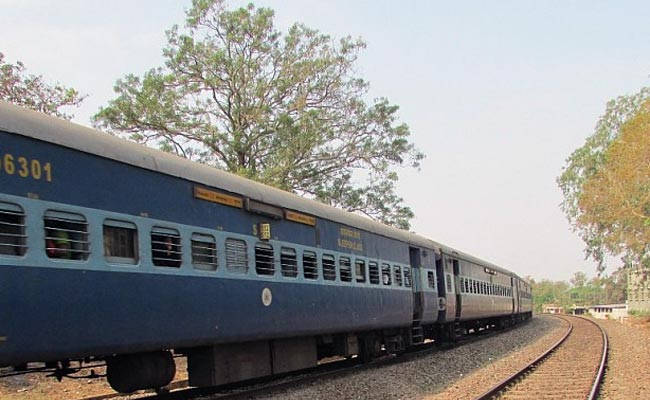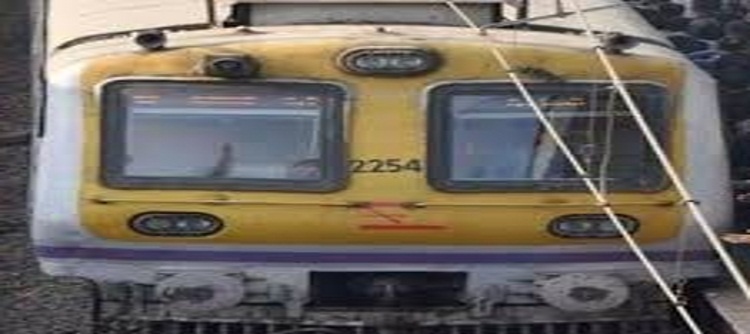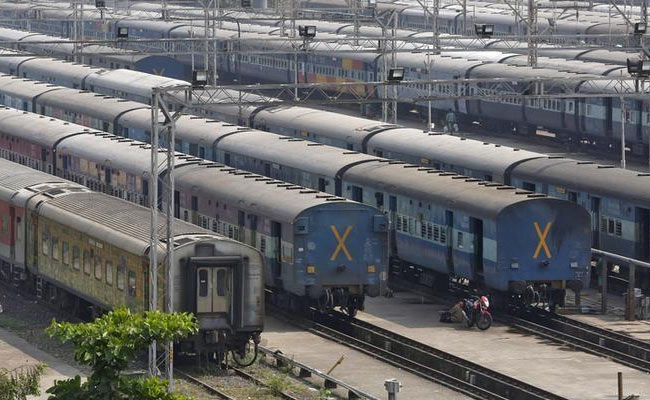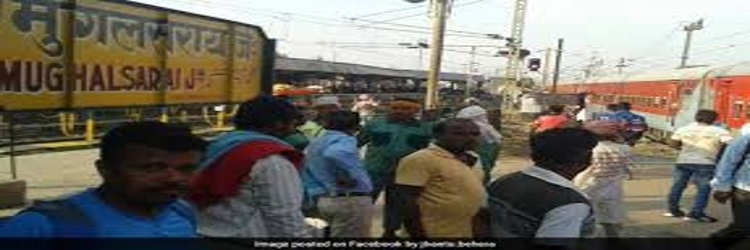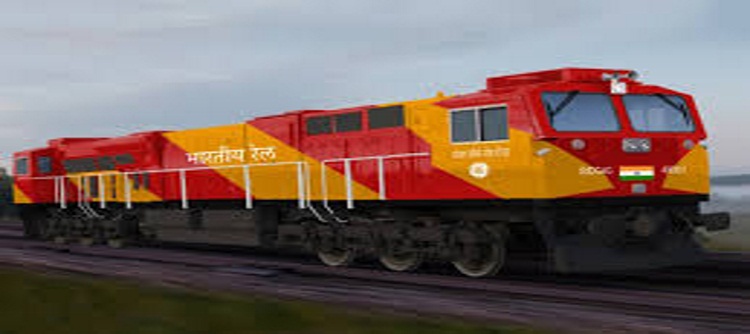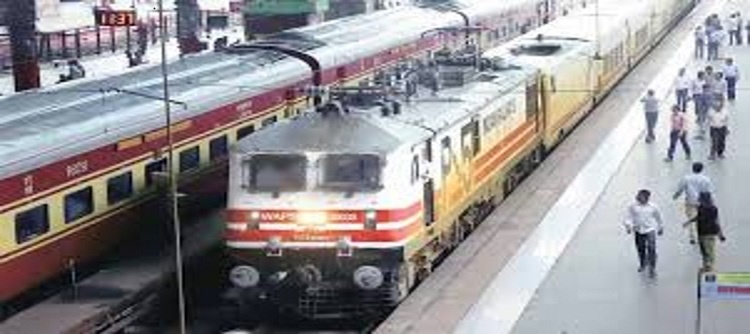
Plans to run India’s first bullet trains that will race between Mumbai and Ahmedabad will soon get off the drawing board. Visiting Japanese Prime Minister Shinzo Abe and Prime Minister Narendra Modi will next month lay the foundation stone for the trains that could run at speeds of 350 kilometre an hour.
The project is expected to be completed for the first ride in the next six years.
The bullet train will reduce the journey between Ahmedabad and Mumbai to two hours from seven; there are a total of 12 stations on the 508-km route – four of which are in Maharashtra and eight in Gujarat. Sources told that the bullet train on this route would mostly, 92 per cent, run on elevated tracks.
The bullet train will start underground from the Bandra-Kurla Complex in Mumbai and travel 27 km through a tunnel in the sea before emerging over ground at Thane. It is estimated to cost about Rs. 97,636 crore.
“The entire funding for this or more or less 85 per cent of this will come from the Japanese and that too on very soft terms,” Railways Minister Suresh Prabhu told the Lok Sabha on Wednesday.
But other cities too are going to get faster trains.
Mr Prabhu said his ministry had drawn up maps for high-speed corridors on different routes between Delhi, Kolkata, Mumbai, Chennai, Mysuru and Bengaluru that would let trains touch speeds of 350 km an hour. On other routes such as Chennai-Hyderabad and Chennai-Mysuru, there would be trains that travel at speeds ranging from 160 to 250 km.
That, however, is the plan. For now, the minister conceded that India’s fastest trains – the Rajdhani and Duronto – were getting delayed because of heavy traffic on the lines. Some networks are operating at 160 per cent to 170 per cent of the capacity,” he said.
Railways Minister Suresh Prabhu said the Mumbai-Ahmedabad high speed rail project has been sanctioned for implementation with technical and financial assistance of the Japanese government. “Procurement of high speed rolling stock is an integral part of the project that envisages promoting ‘Make-in-India’ of high speed rolling stock in a phased manner,” he said.
Around 85 per cent of the funding for the project would come from the Japanese and that too on “very soft terms”. “This is the best soft term under the Overseas Development Assistance,” he added.
In reply to a query as to why Rajdhani and Duronto trains are getting delayed, Prabhu said a major reason for train delays is heavy congestion as there has been a significant increase in traffic compared to the railway infrastructure.
